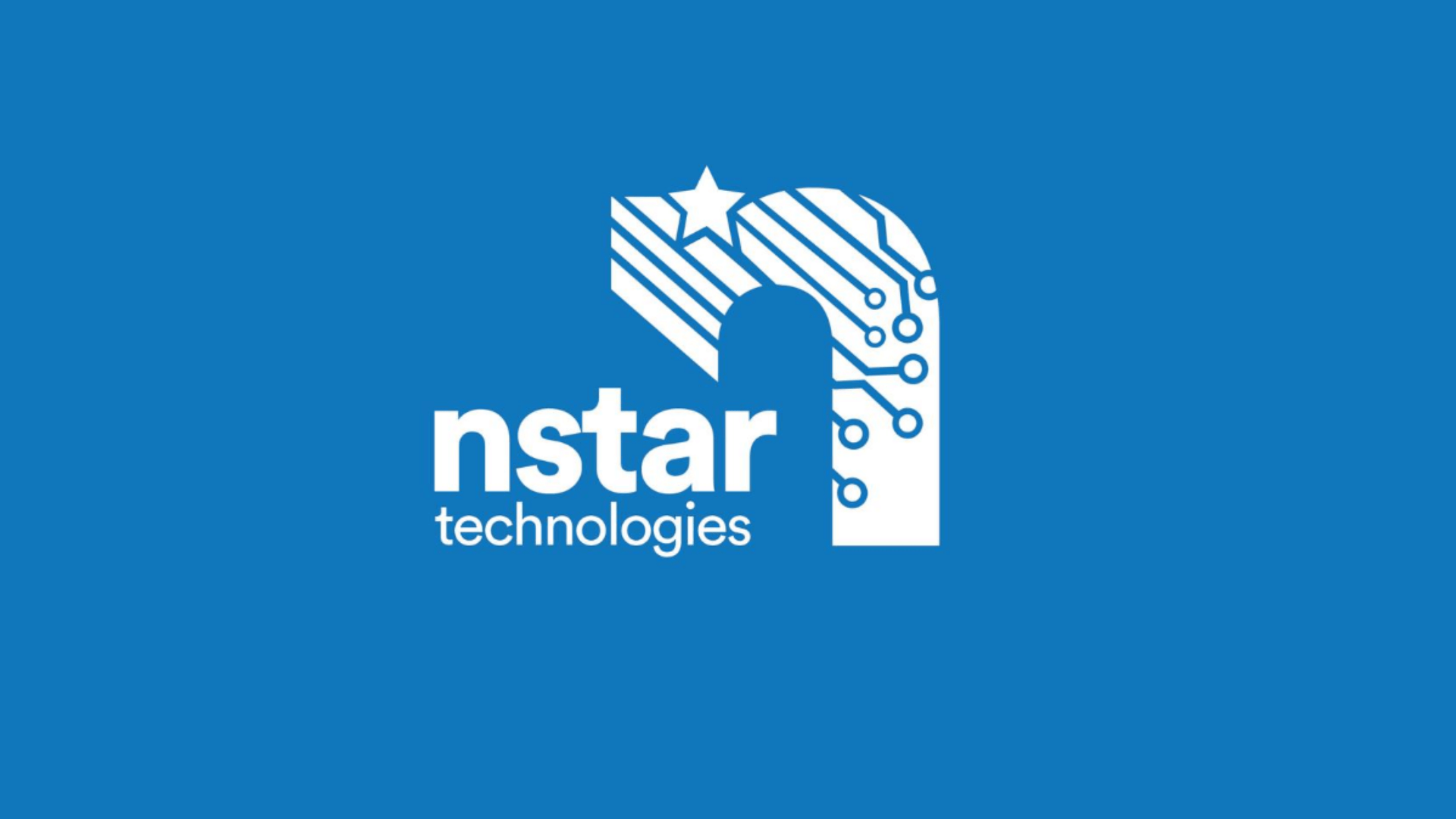
Career Paths in Database Administration
By NSTAR Technologies
In our data-driven world, the role of a database administrator (DBA) is more crucial than ever. DBAs are responsible for managing and ensuring the integrity of an organization’s data, making their expertise in high demand. Database administration is a dynamic field with various specializations and career opportunities. In this article, we’ll explore the different career paths available to aspiring database administrators and shed light on the diverse roles and prospects within the field.
Database Administrator (DBA) Generalist
The role of a Database Administrator Generalist is the most common career path in this field. Generalists are responsible for overseeing the overall performance, security, and integrity of an organization’s database systems. They manage data storage, backups, and work closely with other IT professionals to ensure the database infrastructure meets business requirements. A DBA generalist must have a strong foundation in various database management systems like Oracle, SQL Server, MySQL, and PostgreSQL.
Database Developer
Database developers focus on designing, implementing, and optimizing database structures and queries. They work closely with software developers to create efficient database-driven applications. Proficiency in SQL, data modeling, and a strong understanding of the specific database management system used are essential skills for this specialization.
Database Architect
Database architects are responsible for designing the overall structure and strategy of an organization’s database systems. They work on high-level planning, making decisions about which database technologies to use, data warehousing, and optimizing performance. This role requires extensive experience and a deep understanding of database systems.
Data Analyst
Data analysts use SQL and data visualization tools to extract insights from the database. They work with data to discover patterns, trends, and valuable information for business decision-making. Strong analytical and communication skills are essential in this role.
Business Intelligence (BI) Developer
BI developers specialize in creating and maintaining business intelligence solutions. They design data warehouses, develop ETL (Extract, Transform, Load) processes, and create interactive reports and dashboards. BI developers play a critical role in helping organizations make data-driven decisions.
Database Security Specialist
Database security specialists focus on ensuring the confidentiality, integrity, and availability of data. They design security policies, implement access controls, and monitor database activity to detect and respond to security threats. With data breaches on the rise, this specialization is in high demand.
Cloud Database Administrator
As organizations migrate to the cloud, cloud database administrators manage database systems in cloud environments like Amazon Web Services (AWS), Microsoft Azure, or Google Cloud. This role involves optimizing performance, ensuring scalability, and maintaining data in the cloud.
NoSQL Database Administrator
NoSQL database administrators work with non-relational databases like MongoDB, Cassandra, or Redis. These databases are ideal for handling unstructured or semi-structured data and are commonly used in web applications, IoT, and big data projects.
Database Consultant
Database consultants are experts who provide advisory services to organizations. They assess database systems, offer recommendations for improvement, and assist with migration and optimization projects. A consultant may work independently or with a consulting firm.
Conclusion
The field of database administration offers a wide range of career paths and specializations, making it an exciting and diverse field to pursue. Whether you’re interested in managing database systems, developing applications, securing data, or providing data-driven insights, there’s a role that aligns with your interests and skills.
To succeed in the dynamic world of database administration, continuous learning, certification, and staying up-to-date with the latest database technologies are essential. With the increasing importance of data in modern organizations, skilled database administrators are in high demand, making this field a promising and rewarding career choice.
